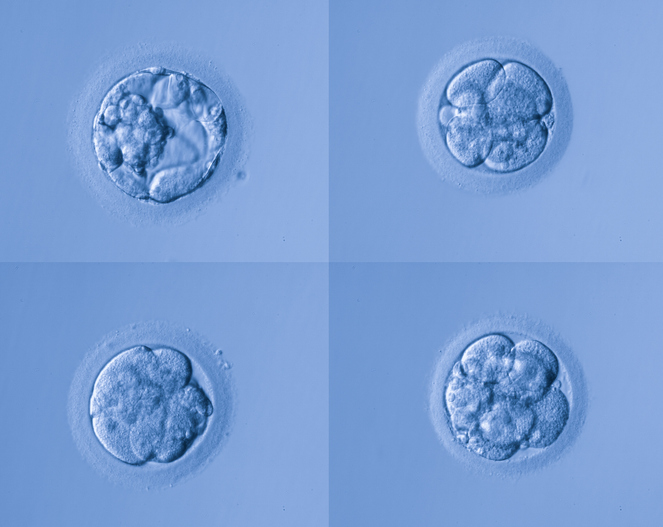

We’re thrilled to share this guest post from Emily Oster, acclaimed economist, author, and founder of ParentData. In this piece, she answers a direct question from her own community that we often hear too: Are there long-term risks to donating eggs?
Whether you're thinking about freezing your eggs for your own future or donating to help someone else build their family, this one’s for you.
Q: I love the idea of donating eggs to help others grow their families. The short-term side effects are documented, but I’m having trouble determining if there are long-term side effects. Infertility and certain cancers are sometimes mentioned as long-term side effects, but honestly those claims appear to be unfounded. Long-term side effects of IVF are sometimes used as a stand-in, but the reality is that egg donors and IVF patients are vastly different populations (race, socioeconomic status, age, etc.). I’m wondering what nuanced light you, as a vagina economist, may be able to shed on the long-term side effects of egg donation. Thank you! - Egg Donor Hopeful
A: First of all, bravo to you for this instinct. It is lovely. Egg donation is often criticized and concerns are raised about payments for eggs, but I believe that this desire to help others underlies a huge share of these donations. Because mostly people are good!
Egg donation is, as you know, a much more involved procedure than sperm donation. Medications are used to stimulate ovaries to produce multiple eggs in a cycle, and then the eggs are surgically harvested. The surgery is done “transvaginally” — no cuts — and under sedation (but typically not general anesthesia). This is the same procedure that is used if you are freezing your own eggs or harvesting eggs for IVF. The primary short-term medical concerns are overstimulation of egg production, which can cause ovarian pain, and infection from the procedure. This latter concern is quite minor; the nature of the procedure makes it very unlikely, but all medical procedures carry a bit of this risk.
In terms of longer-term risks, the one that generates the most “panic headlines” is cancer. Because the procedure for stimulating the ovaries involves estrogen, and because estrogen can feed some cancers, there is a theoretical reason that one might consider a link — especially with breast, ovarian, or uterine cancer.
Concerns about this have been raised largely based on anecdotal evidence. There are people who donated eggs and then developed cancer while relatively young. Of course, cancer also develops in young people who haven’t donated their eggs. Even though cancer in young people is fairly rare, it is not unheard of. Pointing to single anecdotes is not helpful.
The best data we have on this comes from large-scale analyses of people who had the procedure done for IVF purposes. This isn’t a perfect population to learn from, since they are going to be on average higher-risk than healthy young egg donors, but it is our largest source of data. And it is reassuring.
This article, from 1995, compared a group of about 5,000 women who were referred for IVF and underwent egg stimulation with a similar-size group who were referred and did not. The researchers did not find an elevated risk of breast cancer or ovarian cancer, although there were so few cases of the latter, they urged caution in interpretation.
In the end, there is no affirmative evidence to suggest there is a long-term cancer risk from egg donation.
If you’re considering egg donation or egg freezing yourself, check out Cofertility’s programs. Whether you’re looking to freeze your eggs for your own future or help grow another family through donation, we’re here to make it more accessible, informed, and empowering for everyone involved.

For the latest insights on navigating fertility treatments, sign up for a free two-week trial to ParentData's Trying to Conceive newsletter. If you like what you read, enjoy an exclusive 20% off Plus and Premium subscriptions with code cofertility20 at parentdata.org.








.jpeg)

